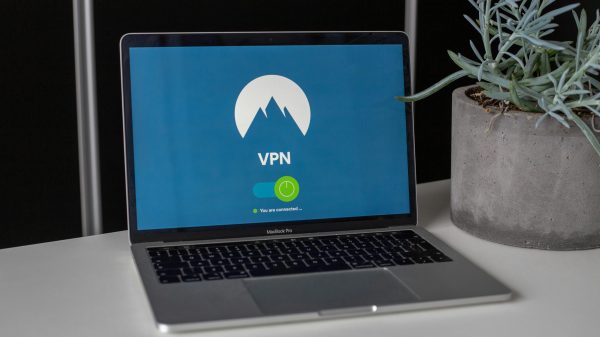Ever since the financial industry adopted digital methods of operations, the mode of currency has also changed. Cryptocurrency or a digital currency has become the rising trend especially after bitcoin hit the record-breaking price. The digital currency has its pros but it has its advantages as well. One of the major disadvantages the regulatory authorities are becoming restless over is how it has opened new doors for money laundering and terrorism financing. Anti-money laundering regulations are introducing in the cryptocurrency industry as well. These measures are taking to secure the sector but in order to properly implement such measures, a digital solution would be required.
Read this blog further to find out about money laundering in the crypto industry and how helps to secure digital assets.
Money Laundering and Cryptocurrency
The Financial Action Task Force (FATF) has defined cryptocurrency as a digital representation of the value. It can be transferring and trading as well as using for payments and investment purposes. However, the cryptocurrency is not a representation of the fiat currency or other financial assets but it can still be used for exchange purposes.
The crypto sector consists of the anonymity or pseudonymity factor that is the base of all financial crimes like money laundering. The concerned regulatory authorities are working to develop identity verification checks and transparency systems on all crypto businesses.
Analytics Of Money Laundering
It has been reporting that money laundering occurring in 2018 through cryptocurrency was more than $761 million. A blockchain analytics firm, Chain analysis, up to $2.8 billion has been laundered in bitcoin in 2019. The total of fraud including crypto theft and hacks reporting in the first half of 2020 is up to $1.36 billion. Now the demand for bitcoin has risen due to the high value of bitcoin. More and more people are flocking towards it. This means 2021 can face a record-breaking value of crimes in the industry.
In order to launder money through cryptocurrency. What criminals do is that they open up an account with one crypto exchange that accepts fiat currency. The fiat currency obtained illegally is using to buy crypto assets. This way the criminals have moved their money into the system for the cleansing to begin. After that, they move their money among different crypto exchanges. Due to the anonymity factor, the trail of the funds becomes untraceable and the source of the money is hidden. After that, the criminals integrate their illicit funds into the legal financial system. This process is using to launder money from theft and gambling and other illicit activities. Terrorism financing can be done through such a process as it hides the trail of the money.
The Anti-Money Laundering Regulations
FATF has rolled out a series of guidelines for its member nations to implement. Anti-money laundering and KYC compliance on the digital currency. Similar to they are being implementing in the other form of currency. European Union, responsible for the regulatory measures of the member countries also included a clause regarding. The crypto regulations in their fifth anti-money laundering directive (5AMLD).
FinCEN also gave out guidelines for cryptocurrency and stated that even though doing the cryptocurrency business is not illegal. But not complying with the KYC/AML regulations, strict action will be taken against it. FinCEN also highlighted that the crypto exchange must follow the 1970’s Bank Secrecy Act. Must record and verify the identity of all their clients before allowing them to transfer the currency.
AML Verification Solution
Now that we have established that it is important to implement anti-money laundering compliance. We now have to decide what’s the best approach for it. Digital solutions available that can help the companies to comply with the anti-money laundering regulation. AML providers are now giving robust solutions that verify the identity. The person as well as matches them against the sanction lists. This solution is more accurate and speeds up the process of identity verification. It eliminates the anonymity factor which ensures transparency in the industry which helps to catch fraudsters.


































